US Congressional hearing slams Pakistan for worsening human rights crisis
The political conflict between Pakistan’s powerful military establishment and former Prime Minister Imran Khan was noted as a key reason behind the current situation.
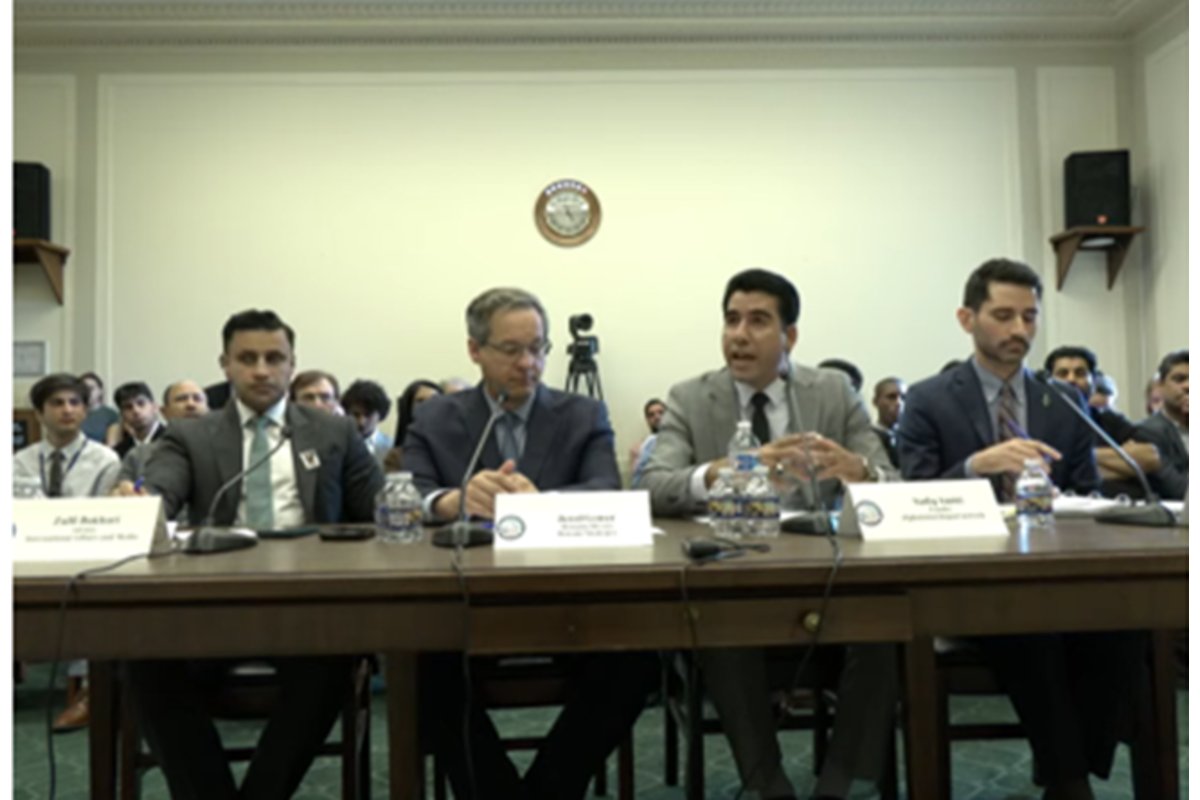 Witnesses at Rep. Smith's hearing testified about widespread human rights violations in Pakistan / Lalit K Jha
Witnesses at Rep. Smith's hearing testified about widespread human rights violations in Pakistan / Lalit K Jha
A bipartisan congressional panel has condemned Pakistan’s military-backed regime for its escalating repression of political opposition, censorship of the media, and persecution of religious minorities.
Chaired by Chris Smith, Republican Congressman from New Jersey, co-chair of the Tom Lantos Human Rights Commission, lawmakers during a hearing—titled “Pakistan: Ongoing Political Repression”—highlighted widespread abuses that lawmakers and experts said have fundamentally undermined democracy and the rule of law in the South Asian nation.
“Life in Pakistan today is marked by rampant government violations of basic freedoms, particularly freedom of speech and media freedom, and the denial of free and fair elections,” Smith said. “Pakistan is a country of over 250 million people—so the human cost of this repression is immense,” he added.
Smith attributed the worsening situation to a political conflict between Pakistan’s powerful military establishment and former Prime Minister Imran Khan, whose Pakistan Tehreek-e-Insaf (PTI) party has faced relentless suppression since his ouster in 2022—a move widely perceived as a military-orchestrated coup. Khan has since been imprisoned, and thousands of his supporters detained.
.jpg) Rep. Smith chaired the hearing on July 15, 2025 / Lalit K Jha
Rep. Smith chaired the hearing on July 15, 2025 / Lalit K Jha“Since 2018 the U.S. State Department has designated Pakistan a Country of Particular Concern, meaning the government is responsible for “particularly severe violations of religious freedom"—systematic, ongoing, egregious violations.
According to the US Commission on International Religious Freedom, “The Pakistani government’s systematic enforcement of blasphemy and anti-Ahmadiyya laws severely restricts freedom of religion or belief for all citizens. Authorities’ failure to address mob violence associated with blasphemy accusations, as well as forced conversions of religious minorities—including Hindus, Christians, and Sikhs—to Islam, reinforces a climate of intolerance and fear,” he said.
Jared Genser, international counsel to Khan, told the panel that Pakistan’s democratic institutions have been systematically eroded since Khan’s removal.
“The military-backed authorities use repressive measures to consolidate power and suppress dissent,” he said. “More than 4,000 arrests followed protests after Khan’s detention. Eighty-five civilians remain imprisoned after being tried in military courts.”
Zulfi Bukhari, a former advisor to Khan, described Pakistan as “a country rapidly descending into political repression, judicial manipulation, and systematic human rights violations.” He said journalists are routinely harassed, abducted, and tortured, while internet shutdowns and social media bans are used to stifle dissent.
The panel also heard strong concerns about Pakistan’s treatment of religious minorities.
Ben Linden, Advocacy Director for Europe and Central Asia at Amnesty International, testified that Pakistan’s blasphemy laws have been “increasingly weaponized” against both minorities and Muslims. In 2024 alone, he said, 344 new blasphemy cases were filed and at least 10 people accused were killed extrajudicially.
“These laws are vague and are used by majoritarian religious groups to target anyone who dissents,” Linden said. “This contributes to the erosion of rule of law for all Pakistanis.”
Sadiq Amini, founder of the Afghanistan Impact Network, declared that “Pakistan is not a democracy, but a military dictatorship masquerading as one.” He urged the US to designate Pakistan as a State Sponsor of Terrorism, citing its ties with the Taliban and mistreatment of Afghan refugees. “Pakistan’s military leaders have taken 250 million people hostage,” he said.
ADVERTISEMENT
ADVERTISEMENT
E Paper
Video




 Lalit K Jha (IANS)
Lalit K Jha (IANS)


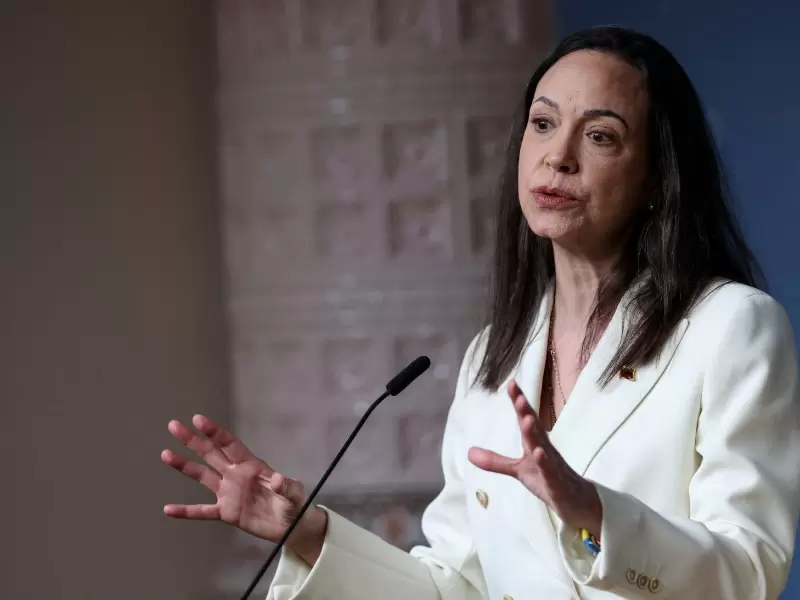
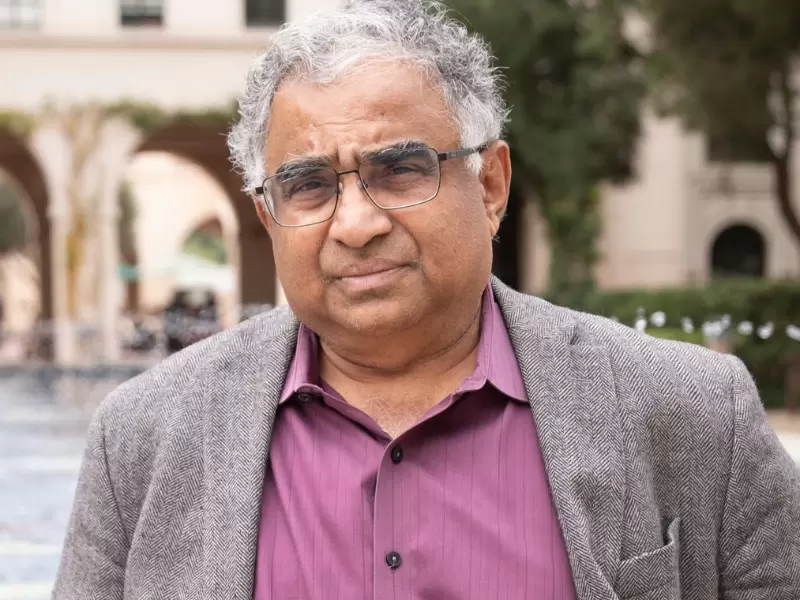

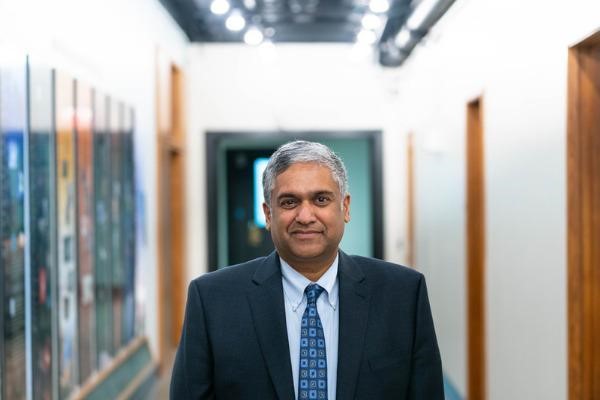



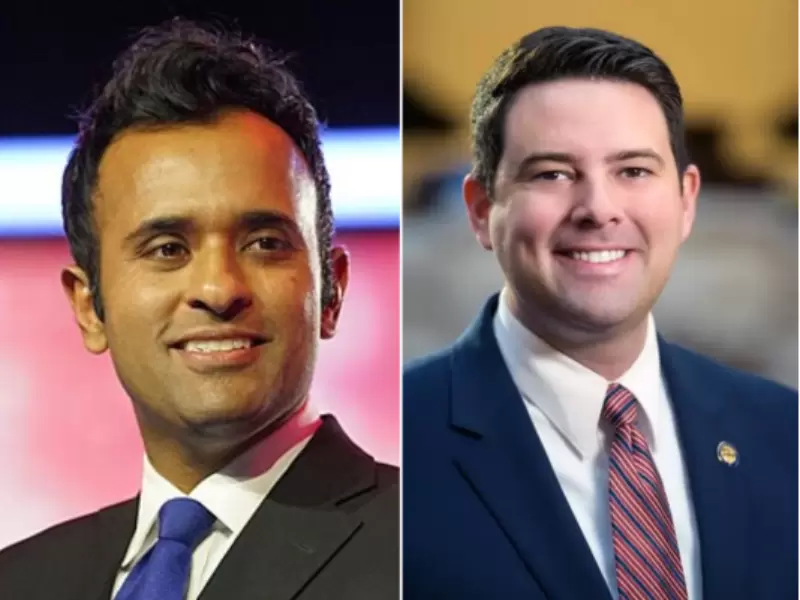


Comments
Start the conversation
Become a member of New India Abroad to start commenting.
Sign Up Now
Already have an account? Login